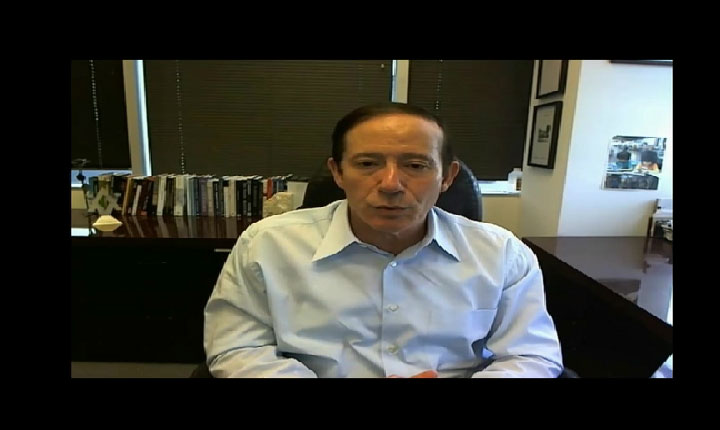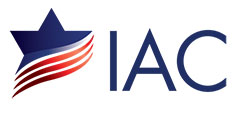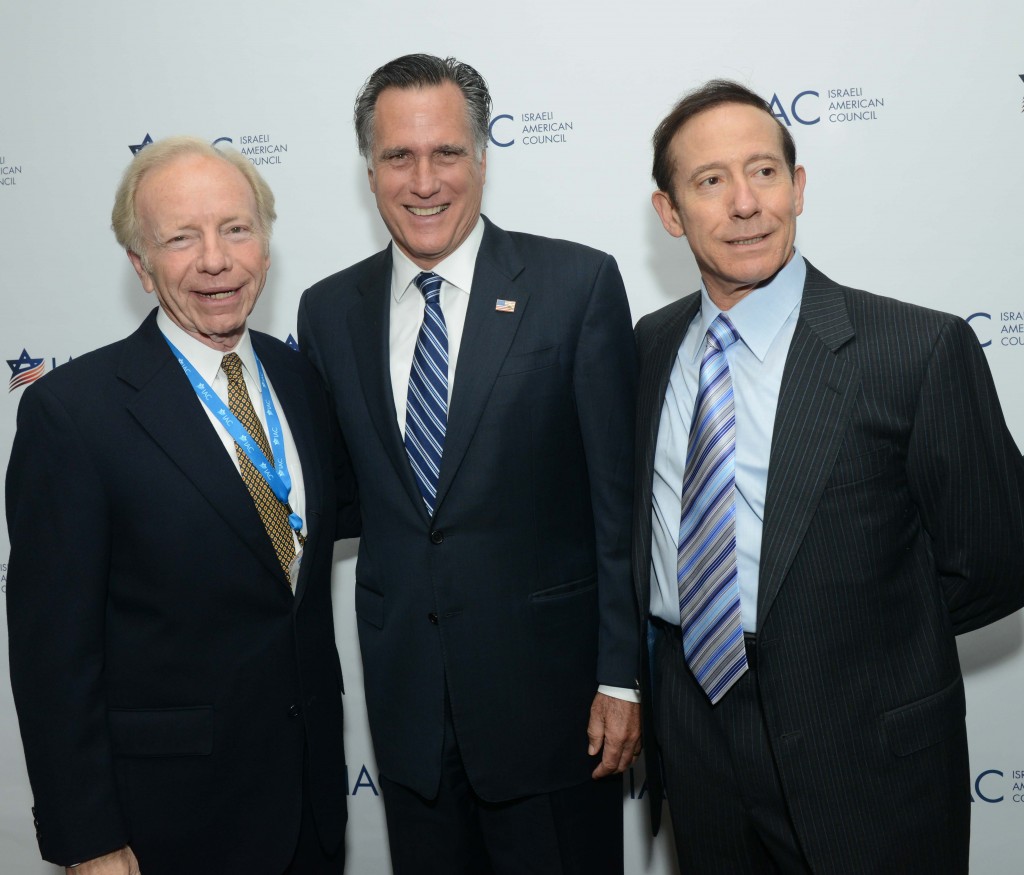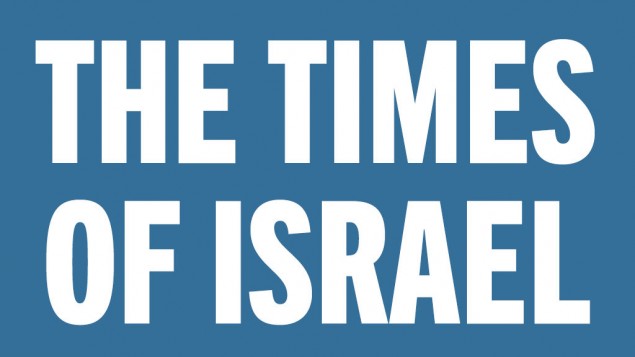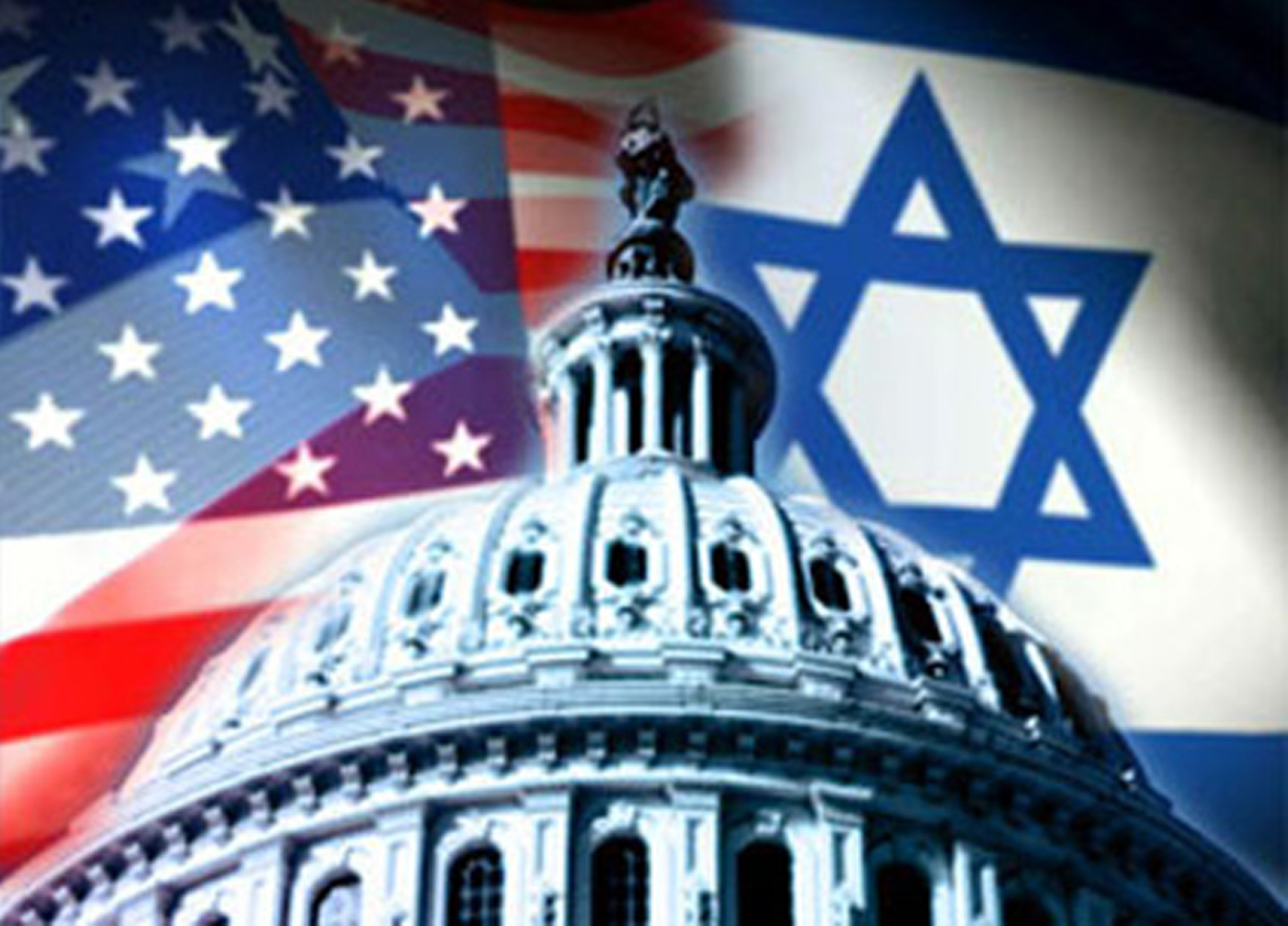Source: Jewish Journal Assembled by Jewish Journal Staff .on Jul. 14, 2015 at 7:49 am
The Jewish community in Los Angeles and nationwide reacted to the news the Iranian nuclear deal had been reached:
RABBI DAVID WOLPE / SINAI TEMPLE
This agreement liberates resources to a regime whose core anti-Semitic and declaredly genocidal ideology is manifest. I fear that its safeguards are insufficient, it’s assurances too amorphous and its end result will be to empower our enemies and imperil our friends.
RABBI SHARON BROUS / IKAR
Theology is where we strive for perfection; politics is by definition the realm of the imperfect. I have no doubt that this is not a perfect deal. But this imperfect deal needs to be assessed against real alternatives and not some idealized, perfect outcome that could never come to pass. There are two likely alternatives in the absence of an agreement: 1) a continuation of the status quo, in which case Iran’s breakout time is projected by intelligence reports to be a few months, or 2) a preventive attack on Iran by Israel or the U.S., which would likely set back nuclear development by 1-3 years but also risk escalation into regional conflagration. Given the choice between drowning in the Sea and being crushed by the Egyptian army, I commend the Administration for searching for a reasoned third way. Those who are cautiously optimistic about this deal are also clear-eyed about Iran’s dangerous and reckless behavior, including its sponsorship of Hamas, Hezbollah and the bloodstained Assad regime, in addition to its horrible human rights record at home. Even still, we should not let the imperfections of the deal blind us to the huge risks of the status quo or lull us into armchair talk of military action. I hope that this agreement, the best of bad alternatives, will create the possibility of the avoidance of catastrophe.
RICHARD SANDLER / JEWISH FEDERATIONS OF NORTH AMERICA
I’m not optimistic about anything quite frankly from it, but I certainly hope I’m wrong, and I hope what I learn over the next 60 days is wrong, but I just have a hard time with an agreement that seems to have as much latitude as this one does, with a party that just last week was holding rallies in the streets, screaming, ‘Death to America.’ It’s kind of hard to be optimistic.
PROFESSOR DAVID MYERS / UCLA DEPARTMENT OF HISTORY
The much anticipated deal between Iran and the P5+1 is a calculated risk—as virtually every negotiated agreement is in international relations. One must weigh the risks inherent in lifting sanctions against Iran against the risks attending a collapse of the talks, in which case Russia and China would likely depart the international coalition that has imposed the sanctions. I find the former option—that is, the new deal—less bad than the prospect of Iran charging ahead with its nuclear program without international inspections and with the support of the Russians and Chinese. I don’t think we can kid ourselves about the Iranian regime’s imperial aspirations in the region; it echoes deeply with the country’s sense of itself in history. But neither do I think we need to accept the rhetoric of Bibi Netanyanu comparing them to the Nazis. That serves no useful purpose. So how should one feel about today’s news from Vienna? A measure of relief, a sense of cautious optimism, and a healthy dose of vigilance.
RABBI ABRAHAM COOPER / SIMON WIESENTHAL CENTER
“The Simon Wiesenthal Center is deeply worried by today’s announced deal with Iran that confirms Iran as a threshold nuclear power that will end economic sanctions against the Mullahocracy”, said rabbis Marvin Hier and Abraham Cooper, Dean and Founder and Associate Dean of the leading Jewish Human Rights NGO.
“It is not the first time in history that Western leaders would be fooled by tyrants. Seventy-five years ago, British Prime Minster Chamberlain thought he understood Hitler and declared ‘peace in our time.’ Shortly thereafter, Hitler plunged the world into the catastrophic World War II.”
“Since 1979, no Iranian leader has changed his mind or actions about Israel, about the US, or about human rights. It is the height of folly and naiveté to believe that the Iranian regime will change its stripes in the next decade. No one denies that this agreement will allow Iran in ten years, to produce nuclear weapons in a matter of weeks.”
“We note that Israelis across the full political spectrum—from Prime Minister Netanyahu to opposition leader Isaac Herzog– are united in denouncing an agreement that confers legitimacy on the world’s greatest terrorist state that has declared the destruction of the Jewish State as “non-negotiable”. In addition, the end of sanctions will free up billions of dollars to a regime already deeply funding terrorist and military proxies that threaten not only Israel, but also Saudi Arabia, the United Arab Emirates and the entire region. We fear that this agreement will also spur a new nuclear arms race in that unstable and volatile region. “
“The Simon Wiesenthal Center will rely on a tenacious Congressional review of this unsigned 159-page document and, if the fears that this is a dangerous deal are confirmed, that our elected Senators and Representatives, will vote against it.”
DAVID SIEGEL / CONSUL GENERAL OF ISRAEL IN LOS ANGELES
The deal is a historic mistake. The bottom line is that it removes the sanctions, but it keeps the nuclear program intact. It’s a deal with the world’s leading sponsor of terrorism. They are not required to change their behavior. Last week, they called ‘Death to America’ and ‘Death to Israel’ in the climax of the negotiations. There’s no dismantling of the program. What this means is, in a decade or so — or even less — the outcome will be a far more powerful, belligerent, wealthy Iran with a nuclear arsenal and a missile program that can deliver it anywhere.
ROZ ROTHSTEIN / STANDWITHUS
While StandWithUs welcomes international efforts to end Iran`s nuclear program through diplomacy, the details emerging about the agreement reached yesterday, July 14, 2015, between the P5+1 and Iran raise serious concerns. It appears the deal will not prevent Iran`s regime from developing nuclear weapons, moderate its aggressive policies, or persuade it to stop sponsoring terrorism. Rather it only delays its pursuit of nuclear weapons and allows it to continue promoting violence and instability around the world. We hope that Congress, which has 60 days to review the agreement after it is submitted by the administration, will ensure that the deal protects the U.S. and our allies, and prevents nuclear proliferation in the region.
“This should not be a partisan issue. The stakes are too high and this will impact too many people in the international community. Here we have the world`s main sponsor of international terrorism, a fundamentalist regime that believes in anti-Semitic conspiracy theories, that calls for the elimination of neighboring states, abuses its own people, and leads chants of `death to America.` All Americans should work together to prevent this regime from gaining more destructive ability. The choice is not between this agreement or war. It is between an agreement that will prevent a nuclear-armed Iran and one that will not. We hope that both parties in Congress work together to ensure that the only deal America agrees to is one that will rein in Iran and keep it from getting nuclear weapons not just in the short term, but in the long term” stressed Roz Rothstein, CEO of StandWithUs.
StandWithUs will continue its mission of educating the public about the threat Iran`s regime poses to Israel and other American allies in the region and beyond. We will inform the public about issues of concern: prematurely ending sanctions, weakening inspections protocol, leaving intact Iran`s weapons program and enrichment facilities, allowing Iran to legally develop nuclear weapons in 15 years, maintaining Iran`s ballistic missile program. In addition the agreement contains no stipulations to free American hostages, no curbs on racist incitement or sponsorship of terror, and the removal of restrictions on Iranian nuclear development after 15 years.
“In the not too distant past, liberal democracies failed to stop a fascist, racist, anti-Semitic regime. We cannot afford to repeat that mistake. We will do all we can to alert the public and encourage Congress to hold fast to the terms the United States and the world needs to prevent a nuclear-armed regime in Iran” concluded Rothstein.
SAM KERMANIAN / ADVISOR TO IRANIAN AMERICAN JEWISH FEDERATION IN WEST HOLLYWOOD
This deal will legitimize a regime that is known to be deeply corrupt, is a world-leading state sponsor of terrorism, has been suppressing its own people and destabilizing its neighbors.
SHANEL MELAMED / EXECUTIVE DIRECTOR OF 30 YEARS AFTER
The agreement is a far cry from what the White House originally intended to accomplish through negotiations, which was to end the Islamic Republic of Iran’s nuclear program. And with a lack of reliable compliance mechanisms — the agreement at best temporarily pauses the nuclear program — the international community is basing this risky gamble on ‘hope’ that the Regime will change. But hope isn’t enough on issues that threaten the security of the U.S. for generations to come. Our community knows this perhaps better than any other, and we are confident that Congress will fulfill its responsibility of keeping our nation strong and secure.
RABBI ED FEINSTEIN / VALLEY BETH SHALOM
Like everyone else, I’m ambivalent and doubtful. We’d all like to see a diplomatic way of keeping Iran from nuclear weapons. But we’re deeply concerned that this agreements falls short of enduring that goal. I understand the President’s eagerness to secure a deal, but like many others, I fear he and Mr Kerry have conceded too much.
I’m in Scotland right now. This story isn’t the first or second or even third story on the evening news. The Greek crisis in the Eurozone is much more prominent. In Israel this summer, there was little visible concern about the Iran negotiations. Domestic issues in Israel take center stage in the Israel national conversation.
SAM YEBRI / PRESIDENT AND CO-FOUNDER OF 30 YEARS AFTER
The people of Iran are the greatest victims of this deal — the regime that has been stifling them for more than three decades and persecuting them has just received a lifeline and a credit line in order for it to survive indefinitely. The messages from Prime Minister [Benjamin] Netanyahu, which are designed to share Israelis’ opposition to this deal, have nothing to do with Israel’s opposition to Iran, but really [criticize] the regime only. It is a regime that must be held accountable when it comes to enforcing this deal.
REP. ADAM SCHIFF (D-CA) / RANKING MEMBER OF THE HOUSE PERMANENT SELECT COMMITTEE ON INTELLIGENCE
Throughout the long standoff with Iran over its nuclear program, I have expressed my preference for a diplomatic solution that would prevent Tehran from obtaining a nuclear weapon. To accomplish this, I have supported a series of ever tightening American sanctions and efforts to rally the international community to isolate Iran, raising the costs of Iran’s enrichment program and helping to dry up a portion of the funding Iran has used to carry out its nefarious conduct in the region and beyond.
In the coming days I will be examining the terms of the agreement hammered out by Secretary Of State John Kerry and his team, with particular attention to the verification regime that is central to ensuring that Iran cannot cheat. Whether I can support the agreement will hinge on our ability to verify that Iran is complying, and whether we have timely access to any site of Iran’s potential nuclear development activities, including venues controlled by the Iranian military. It will also be necessary for the United States and our partners to get an accurate accounting of Tehran’s nuclear program from its inception. Additionally, I will be looking at the sequencing of Iranian actions and any loosening of sanctions and the mechanism for re-imposing them — the so-called ‘snap back’ provisions — should Tehran fail to meet its commitments.
The nuclear program has always been the greatest threat from Iran, but not the only one, and I also remain deeply concerned about Tehran’s actions in the region — from its efforts to dominate Iraq and Lebanon, to prop up the Assad regime in Syria, to back the Houthi rebels in Yemen, to its unrelenting hostility to Israel and its support of terror around the world. I will also be examining any relaxation of UN sanctions on Iran’s acquisition of weapons or missile technology.
Given Iran’s long record of duplicity and the consequence of Iran’s getting a bomb or having a greater economic power to project its destructive influence, we cannot be too careful, nor can we afford to take Tehran at its word.
As the terms and consequences of this agreement become clear during the period of Congressional review, I would urge my colleagues to give the measure the serious thought it deserves. If the agreement is flawed it should be rejected; at the same time, we must not compare the proposal to an ideal, but rather to any credible alternative. Will rejection of the deal lead to additional sanctions and an Iran willing to concede more, or to renewed enrichment and a path to war? These are the stakes and our decision should be made with sober thought and a minimum of partisan demagoguery.
ADAM MILSTEIN / CO-FOUNDER OF THE ISRAELI-AMERICAN COUNCIL
This deal rewards Iran for decades of terrorism and many years of deceiving the international community with an undeniable path to nuclear weapons, gravely endangering America, Israel, and the world. It’s time for those in Congress who are aware how bad this deal is to make their voices heard loud and clear. The lessons of our agreements with Nazi Germany and North Korea hang over this moment. I implore our elected officials: don’t let Iran go nuclear on your watch. The consequences for America could be catastrophic.
REFORM JEWISH MOVEMENT LEADERS / CENTRAL CONFERENCE OF AMERICAN RABBIS; RELIGIOUS ACTION CENTER OF REFORM JUDAISM; UNION FOR REFORM JUDAISM
This morning, after extensive negotiations conducted under intense international scrutiny, P5+1 negotiators, led by Secretary of State John Kerry, announced that they have reached an agreement with Iran over that country’s nuclear program. We in the Reform Jewish Movement remain committed to our belief that the United States and its allies must do all that is possible to prevent a nuclear-armed Iran, as well as to protect and enhance U.S. security and the security of our allies—particularly Israel—and promote stability in the entire Middle East.
We deeply appreciate the intense efforts of the multinational negotiators, especially the U.S. administration, for having worked so hard to try to come to a diplomatic resolution with Iran on containment of its nuclear program. As the U.S. Congress, other world leaders, and the American public, including the Jewish community, evaluate the details of the proposed agreement, we recognize that thoughtful people can and do hold strongly different opinions as to whether this agreement is the best obtainable result in securing our shared goals and upholding the ideal that solutions should be found through the negotiating process rather than a military confrontation.
During the last several months, leaders of our Reform Movement have consulted with experts and heard from advocates who both oppose and favor the framework outlined in March by the P5 +1 and Iran. We have conferred with our fellow Jewish organizations and met privately with the White House, the Secretary of State, and representatives of the State of Israel. Right now, we are continuing our ongoing dialogue with the U.S. administration, key members of Congress, Prime Minister Netanyahu, and other prominent Israeli leaders including leaders of the opposition. One helpful touchstone for our analysis of this agreement is the Washington Institute for Near East Policy’s Public Statement on U.S. Policy Toward the Iran Nuclear Negotiations, which was endorsed by a panel of bipartisan diplomats and calls for a five-point program ensuring that Iran will not become a nuclear threshold state.
In the coming days and weeks, we will go back to our trusted experts and continue to consult with our constituencies to better understand the consequences of this proposed agreement. We urge all committed parties to take similar, carefully considered approaches before rushing to conclusions.
As the Congress moves forward, we will share our opinion on the viability of this agreement to achieve our goals: that the final agreement will put the optimal standard for restraints on Iran, preventing a nuclear-armed Iran, protecting the security of the United States, Israel and our allies around the world.
CENTRAL CONFERENCE OF AMERICAN RABBIS: Rabbi Denise L. Eger, President, and Rabbi Steve Fox, CEO
RELIGIOUS ACTION CENTER OF REFORM JUDAISM: Rabbi Jonah Dov Pesner, Director, and Jennifer Kaufman, Chair, Commission on Social Action of Reform Judaism
UNION FOR REFORM JUDAISM, Rabbi Rick Jacobs, President, and Steve Sacks, Chair of the Board
BARBARA BOXER / CA SENATOR
I look forward to robust hearings in the Senate Foreign Relations Committee and, if this agreement is what the Administration says it is, it is a major, historic diplomatic breakthrough.
BRAD SHERMAN / UNITED STATES CONGRESSMAN
Congressman Brad Sherman told the Journal in a phone interview on Tuesday morning that he is disappointed with the deal and his concern is determining what Congress’ next move will be.
“I’ve been through the seven stages of grief on the Iran nuclear program. I declared in my first few months in Congress that the Iran nuclear program was the number-one threat to American security, no one was saying that then, so, I’ve been through the grief, I’ve been through the denial, I’ve been through the anger,” he said. “For me the question is what do we do now, not to return to July 13 and to a president who might’ve wanted to get tougher on Iran but what do you do today when you have a president who has agreed to a deal…we have to keep working on this and we cannot accept the ugly 10th year of this agreement.”
From Congressman Brad Sherman’s office:
“The question before us is not is it a good deal or is it a bad deal or what should the executive branch of government do. The question before us is what should Congress do if we have a President who has signed the deal.
“We don’t know precisely what is in the deal. But we do know that it has advantages and disadvantages in the first year because it causes the vast majority of Iranian stockpile of enriched uranium and the majority of their centrifuges to be taken off the table. The disadvantage is it provides the Iranian Government with access to $120 billion plus of its own money…It is this kind of analysis, not partisans screaming about is it a good deal, is it a bad deal, that should guide us in the future.”
RON LAUDER / WORLD JEWISH CONGRESS PRESIDENT
Iran has in the past failed over and over again to live up to its treaty obligations. It has maintained secret military sites. I fear we may have entered into an agreement that revives the Iranian economy but won’t stop this regime from developing nuclear arms in the long term, which would have disastrous consequences for the entire region and the world. As the famous proverb goes, ‘The road to hell is often paved with good intentions.’
NATE MILLER / PRESIDENT OF MILLER INK; FORMER CHIEF SPEECHWRITER OF ISRAEL’S MISSION TO U.N.
Agreeing to such a deal is a serious failure in U.S. diplomacy, with potentially grave consequences for our security, our allies, and the future of the Middle East.
It fails to put in place real safeguards that allow us to monitor the nuclear activities of a regime that has perfected the art of lying to the international community – or to re-impose sanctions if they cheat. It offers the world’s greatest sponsor of terrorism hundreds of billions of dollars to fund its activities around the world. It provides one of the Middle East’s greatest destabilizers and worst human rights violators with new international legitimacy and sanctions relief. And in a little over a decade, Iran will have the internationally recognized right to a nuclear program with no restrictions, a stone’s throw away from a bomb.
This deal is much worse than no deal. We should have walked away.

